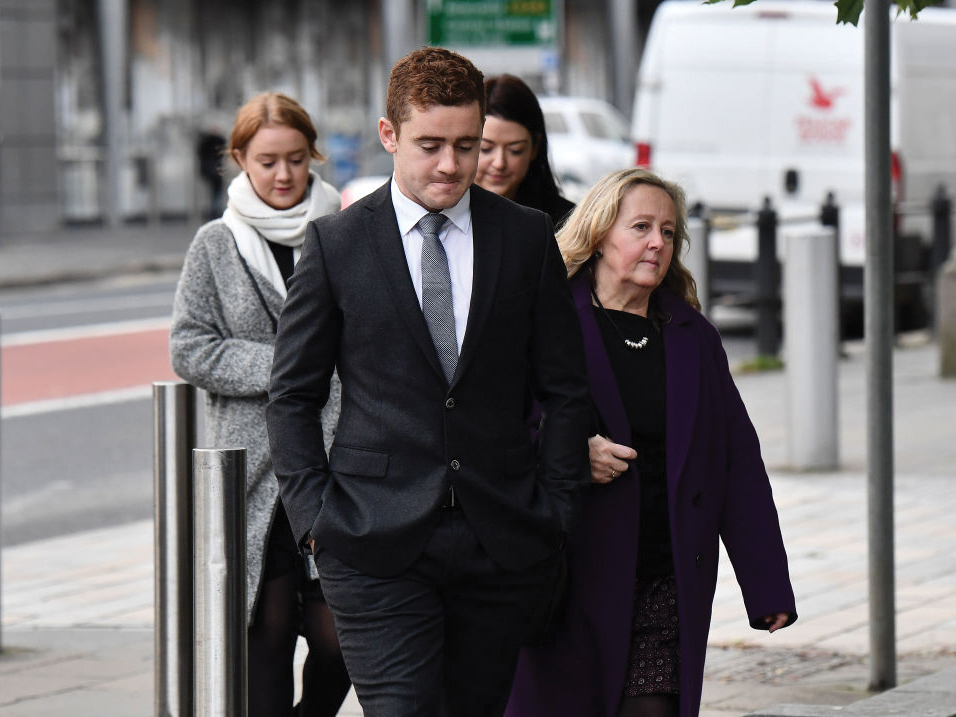
[dropcap]T[/dropcap]he ongoing trial involving rugby players Paddy Jackson, Stuart Olding and the student accusing both men of rape and Jackson of sexual assault reinforces the issues and stigma around reporting sexual abuse in Ireland. The outcome of this trial and similar reported cases could make future survivors even more reluctant to come forward and press charges when they see how things may play out for them too.
Rape Crisis Network Ireland statistics from 2015 showed that only 35 per cent of rape cases are reported to the Gardaí or other formal authorities.
For those who do report and press charges, it can be hard to receive justice. According to a study by the London Metropolitan University in 2006, Ireland had one of the lowest conviction rates for rape out of 22 European countries.
The Irish Times analysed every rape conviction in the Central Criminal Court between 2013 and 2015. Their research showed that 70 per cent of offenders received a partially suspended sentence.
For instance, a man pleaded guilty in the Central Criminal Court in 2015 to one count of rape and one count of sexual assault committed against his girlfriend while she was asleep. He was given a 7-year wholly suspended sentence. He was re-sentenced to 15 months imprisonment in 2016. He admitted he was guilty, yet his entire sentence was initially suspended.
Obviously, scepticism in rape cases is required. False accusations do happen. Rates for false accusation of rape stand at 9 per cent of all cases of cases, according to 2009 research from EU Daphne II. People are convicted for false accusations. A London woman in 2017 was sentenced to ten years in prison after falsely accusing her boyfriend of rape.
Rape is not an uncommon crime. Unfortunately, it is severely under reported for various reasons. One in 12 female students are the victims of rape, according to research by the Union of Students in Ireland undertaken in 2013. This same USI research showed that 57 per cent of survivors did not report sexual assault because they didn’t believe the incident was serious enough. The alleged victim in the ongoing rugby trial said she was worried about seeming like a “stupid little girl” if she took action against her alleged abusers.
With statistics like these, it’s easy to see why 65 per cent of rape survivors don’t report their case to authority figures. Why would anyone go through the turmoil of a court case, relentless questioning and examination, when the odds are stacked against you from the very beginning?
According to the Irish Times, a friend of the complainant in the rugby trial said that if she were raped she would not go to the police. When asked in court to explain why, she said: “Because of what’s happening in this room. It’s daunting, quite horrible and you get blamed. It’s a distressing process.”
While obviously you cannot immediately believe that every case of rape is true to word, due to the fact that it could result in innocent people being charged for crimes they did not commit. However, perhaps a more unfortunate thing to be is a survivor who doesn’t believe they are worthy of justice for crimes committed against them.
Orla Dwyer
Image by Pundit Arena



